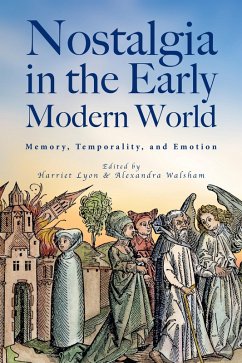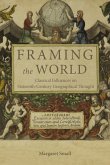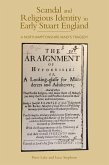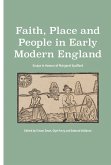How can the concept of nostalgia illuminate the culturally specific ways in which societies understand the contested relationship between the past, present, and future?
The word nostalgia was invented in the late seventeenth century to describe the debilitating effects of homesickness. Now widely defined as a sense of longing for a lost past, initially it was more closely linked with dislocation in space. By exploring some of its many textual, visual and musical manifestations in the tumultuous period between c. 1350 and 1800, this volume resists the assumption that nostalgia is a distinctive by-product of modernity. It also forges a fruitful link between three lively areas of current scholarly enquiry: memory, temporality, and emotion.
The contributors deploy nostalgia as a tool for investigating perceptions of the passage of time and historical change, unsettling experiences of migration and geographical displacement, and the connections between remembering and forgetting, affect and imagination. Ranging across Europe and the Atlantic world, they examine the moments, sites and communities in which it arose, alongside how it was used to express both criticism and regret about the religious, political, social and cultural upheavals that shaped the early modern world. They approach it as a complex mixed feeling that opens a new window into individual subjectivities and collective mentalities.
The word nostalgia was invented in the late seventeenth century to describe the debilitating effects of homesickness. Now widely defined as a sense of longing for a lost past, initially it was more closely linked with dislocation in space. By exploring some of its many textual, visual and musical manifestations in the tumultuous period between c. 1350 and 1800, this volume resists the assumption that nostalgia is a distinctive by-product of modernity. It also forges a fruitful link between three lively areas of current scholarly enquiry: memory, temporality, and emotion.
The contributors deploy nostalgia as a tool for investigating perceptions of the passage of time and historical change, unsettling experiences of migration and geographical displacement, and the connections between remembering and forgetting, affect and imagination. Ranging across Europe and the Atlantic world, they examine the moments, sites and communities in which it arose, alongside how it was used to express both criticism and regret about the religious, political, social and cultural upheavals that shaped the early modern world. They approach it as a complex mixed feeling that opens a new window into individual subjectivities and collective mentalities.
Dieser Download kann aus rechtlichen Gründen nur mit Rechnungsadresse in A, D ausgeliefert werden.









